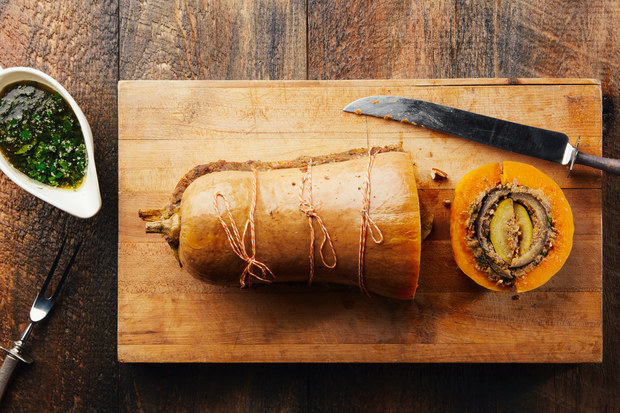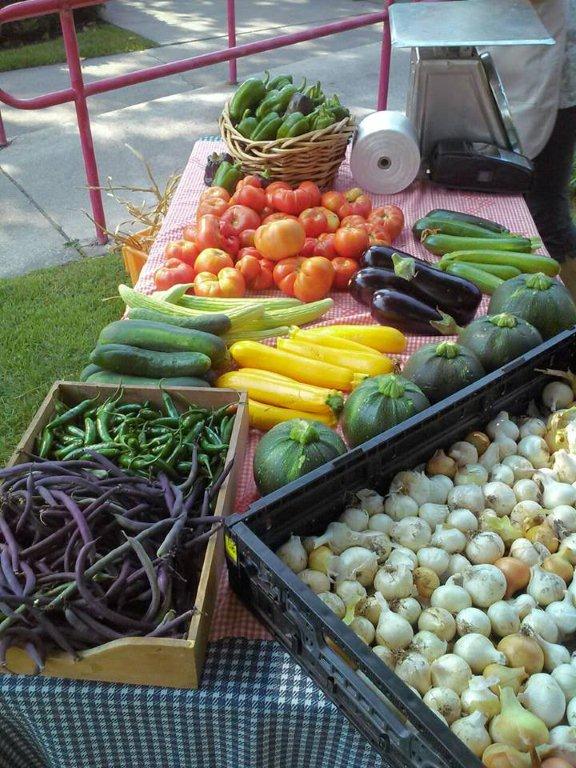
Across Salt Lake City, SLC FruitShare is building a network of neighborhood fruit trees. Instead of going to waste, FruitShare harvests the city’s residential fruit trees. Harvested fruit is donated to local food assistance programs, so our community can benefit from local, fresh and free produce. We’ve pulled together these helpful tips to ensure you have a healthy and productive year with your fruit tree.
Thinning Fruit
Fruit thinning channels more of a tree’s attention to the fruit that remains. Thinning lessens weight on branches and helps manage pests and diseases that prefer fruit bunched close together. Thin crop when developing fruits are about an inch in diameter.
Larger healthier fruit comes from coaxing the tree to put more energy into less fruit.
To avoid damaging branches, twist fruit off gently rather than pulling. Thin:
- apples to 6 to 8 inches apart;
- apricots to 2 to 3 inches;
- peaches and nectarines to 6 to 10 inches;
- Japanese plums to 4 to 6 inches.
- Cherries, pears and other kinds of plums usually do not need thinning.
U.C. Davis online guide to thinning fruit trees.
Organic Fruit Production
Organic practices benefit the environment by reducing pollution and conserving water and soil quality. Pesticides are not only harmful to pollinators, they contribute to a range of health issues for us too. Babies are especially vulnerable to the neurotoxic effects in their first 1000 days of development. Luckily, there are some great ways to organically care for your trees, and eliminate pests. You can help support a healthy and sustainable community by using compost rather than chemical fertilizer, and adopting organic pest management rather than pesticides.
Organic Pest Management
Tip #1: Thin apples to prevent fruit from touching. This prevents larvae from boring into adjacent fruit.
Tip #2: Band corrugated cardboard around the tree trunks when larvae begin crawling down trunks. Check the banded cardboard weekly for hiding larvae and pupae then crush and destroy these inhabitants.
Tip #3: Mix molasses and water using a 1:10 ratio in a wide-mouth container. Suspend this homemade trap in the tree to catch adult moths.
Tip #4: Protect your fruit trees from insects with a homemade organic pesticide. Vegetable or canola oil works by suffocating small insects, insect larvae and eggs, preventing infestation. One cup of is mixed in one gallon of water. For additional repellent power, add one tablespoon of cinnamon oil, and ¼ cup of liquid dish detergent. Cinnamon oil will keep insects at bay and the detergent works as an emulsifying agent to bind together the oils and liquids in the homemade pesticide.
Fruit Tree Care
Fruit trees require a balance of water, food, sun and ventilation to grow healthy fruit and build resistance against diseases.
The following practices will help prevent diseases and pests;
- basic maintenance
- proper pruning and thinning
- cleaning up debris around trees
Need help with your fruit tree? Register your tree or volunteer for events.
Salt Lake City contracts with Green Urban Lunch Box to run the SLC FruitShare program.Real Food Rising is a supporting nonprofit partners.

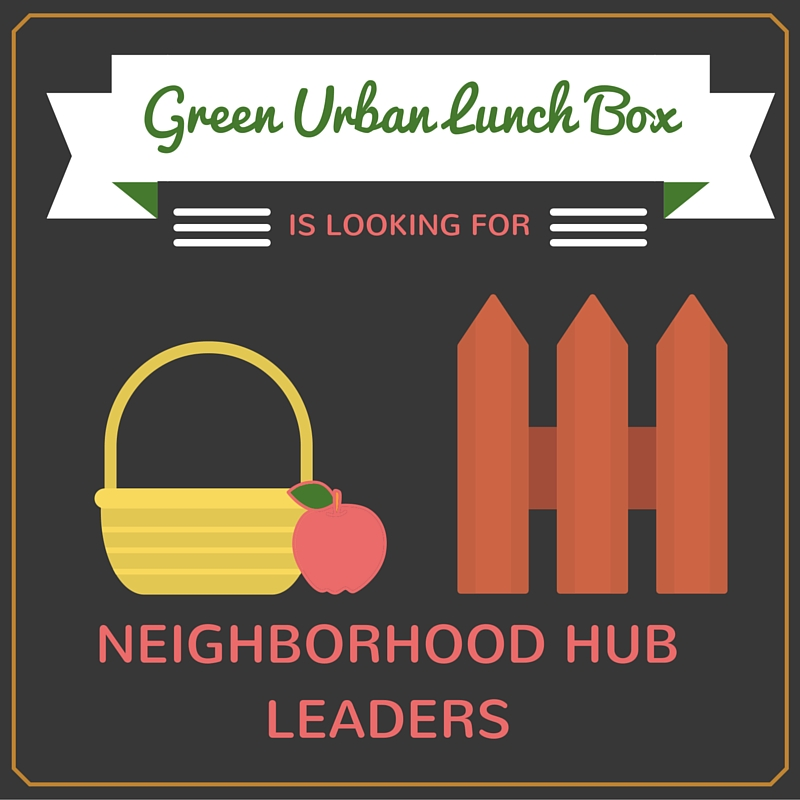
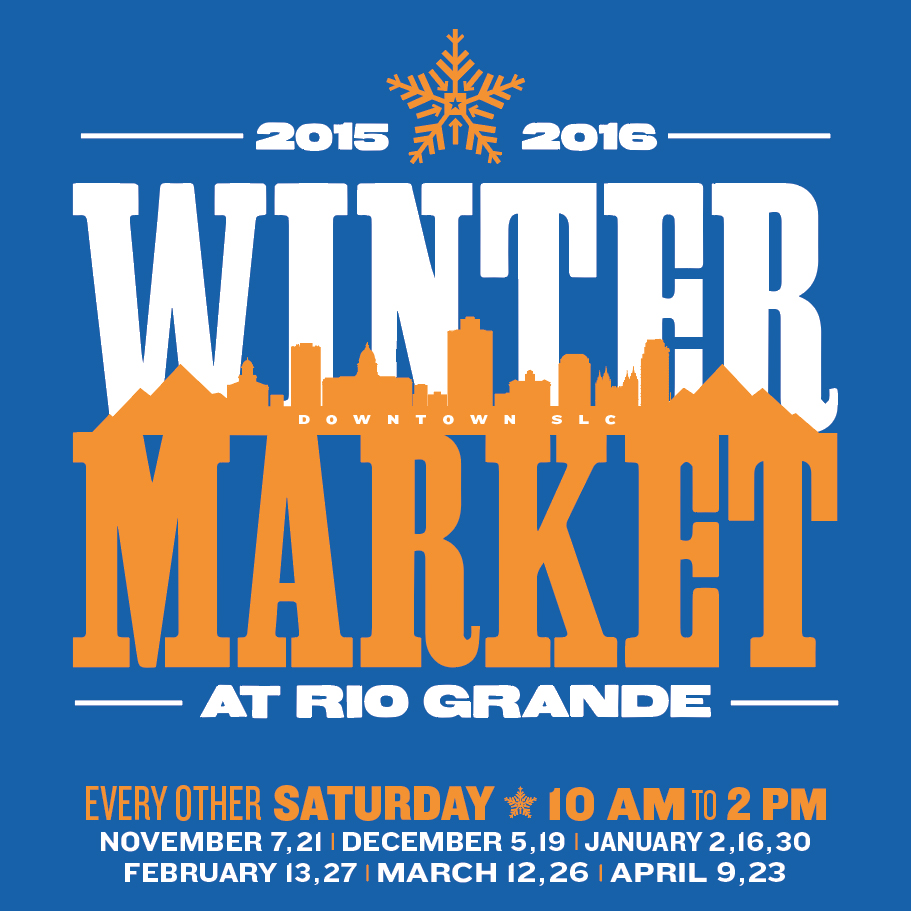
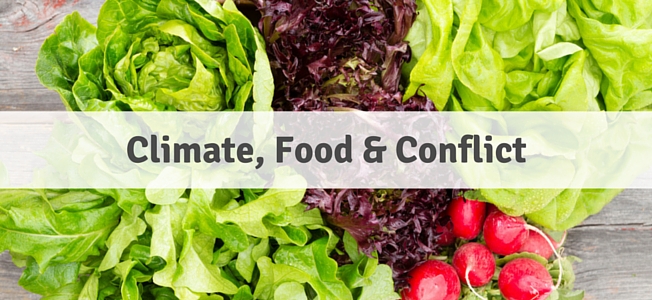
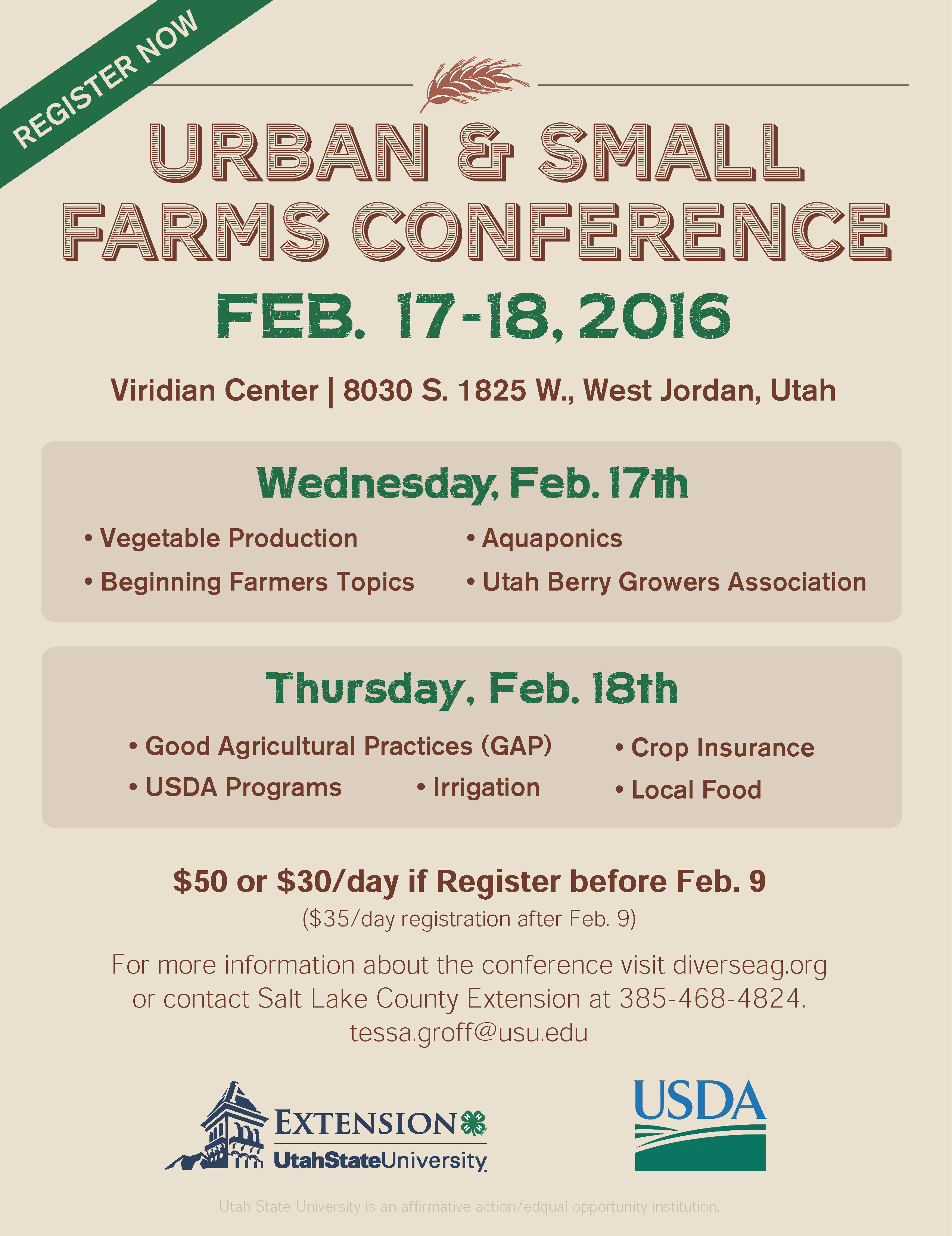
 Gifts Use recycled wrapping paper! Get creative and make your own with old maps, newspaper, photographs, or paper bags.
Gifts Use recycled wrapping paper! Get creative and make your own with old maps, newspaper, photographs, or paper bags.  Food Make sustainable food choices like buying from local growers. Stock up on holiday staples at this weekend’s
Food Make sustainable food choices like buying from local growers. Stock up on holiday staples at this weekend’s 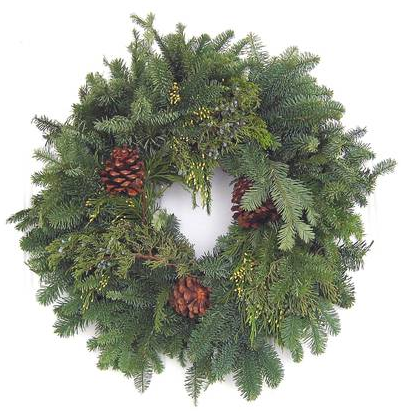 Decorations Here are some fun decorating ideas: String popcorn and cranberries together to make festive decor. Make paper chains with recycled newspapers or magazines and homemade ornaments out of recycled holiday cards. Cut bows from shrubs and trees in your yard and make a homemade wreath. After the holidays, if you have a tree, please put it in the brown compost can.
Decorations Here are some fun decorating ideas: String popcorn and cranberries together to make festive decor. Make paper chains with recycled newspapers or magazines and homemade ornaments out of recycled holiday cards. Cut bows from shrubs and trees in your yard and make a homemade wreath. After the holidays, if you have a tree, please put it in the brown compost can.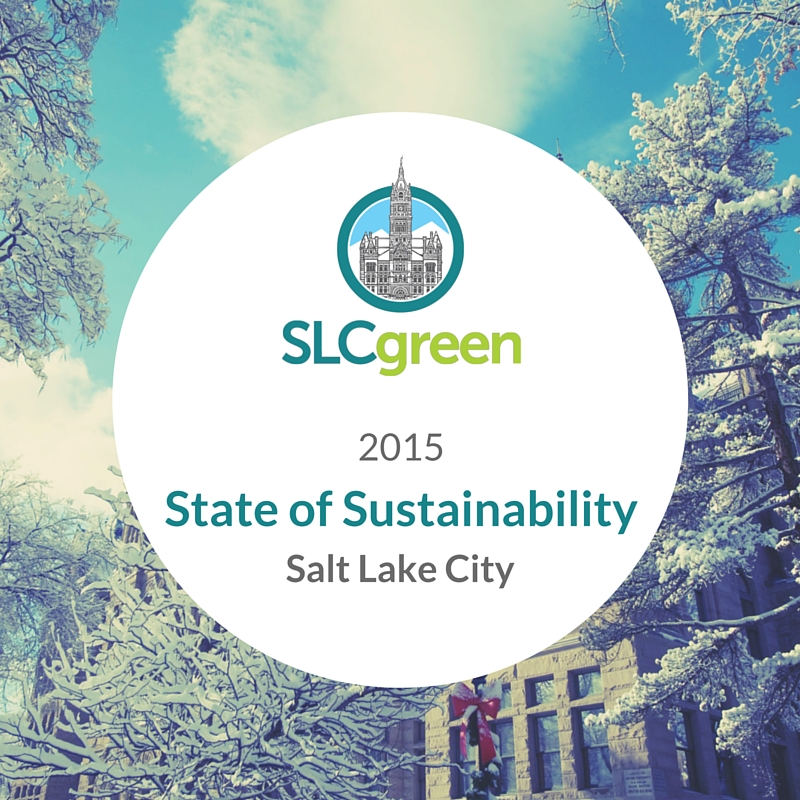
 Salt Lake City is pleased to announce that Square Kitchen has been awarded a competitive $350,000 grant to develop a culinary incubator kitchen in the Poplar Grove neighborhood. The new Square Kitchen will provide accessible and affordable commercial kitchen space to budding food entrepreneurs, in addition to regulatory, marketing and business resources.
Salt Lake City is pleased to announce that Square Kitchen has been awarded a competitive $350,000 grant to develop a culinary incubator kitchen in the Poplar Grove neighborhood. The new Square Kitchen will provide accessible and affordable commercial kitchen space to budding food entrepreneurs, in addition to regulatory, marketing and business resources.